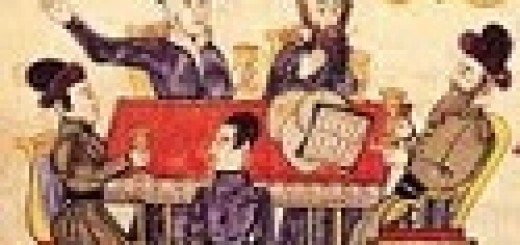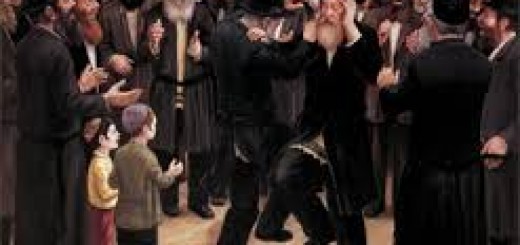By: Rabbi Shlomo Ezagui
In the Jewish tradition, every Holiday has its own theme from which we draw that specific energy in our service to G-d for the entire year. For example Purim the holiday we just experienced, grants us the spiritual energy of joy for the entire year. How do we receive this energy and blessings? By actually doing the commandments of the holiday. In regards to the holiday of Purim, the book of the holiday, the book of Esther, tells us, that by commemorating and reliving the original incident, the reason for the Holiday, we can experience again those same miracles in the present tense.
Passover is in just a few more days. “In every generation, and every day, a person must see himself going out of Egypt.” Freedom from slavery is what happened then, and freedom is the opportunity and possibility in each of our lives today, when we observe the holiday properly. We all have our own personal limitations that hold us down, and keep us from progressing forward. Passover and its observances give each single one of us the strength to realize a personal freedom like in the days of old.
Sitting at the table and going over the story, refreshes our memory, that there is a G-d and he does miracles. “Their cries went up to heaven…and G-d heard their moans.” There isn’t just the rule of nature. There is a G-d who hears us, when we turn to Him and responds to our cries.
The theme of the Holiday is captured in the main staple of the Holiday and the commandment, to fulfill on the two first nights of Passover, the eating of the matza. At least one ounce each night.
The Passover matza is called the “poor mans’ bread,” and no other ingredients are allowed to be added but the bare minimum. The Passover matzah is made with simple ingredients, flour and water. The matza needs to be flat and must not become leavened and bloated like bread. Matza is flat, simple, and unassuming Therefore the Matza is a “humble food”.
Bread on the other hand which is forbidden on Passover, has all kinds of tasty and rich ingredients. It rises and is bloated — conceited. Bread on Passover, represents haughtiness, and ego and stands in the way of true freedom and growth.
For a person to free himself from his current situation and grow beyond his existing boundaries he must develop the trait of humility. A person who is humble understands that no one person is an island unto himself. Therefore, in the interest of connecting with others he learns that at times he must put himself aside for the sake of others. He learns to be receptive to other people and their perspective and sensitivities. As a result he will be connected with the greater whole and become a larger and stronger person.
Moses, the greatest leader was praised with the virtue of humility. “And the man Moses, was the humblest person from any other person on the face of the earth.”
An arrogant and haughty person thinks, it’s all about himself. He has difficulty seeing things from another person’s perspective. It’s all about me, and as a result this person is very limited. Even if he gives others, it’s only because that’s what serves his own selfish desires, so he actually never truly connects and unites with the other person, and as big as he is, he always remains, one person.
Humility is one of the important ingredients for faith. When someone is arrogant G-d says,” I and him cannot dwell together”. His arrogance, chases G-d away. While someone who is humble, invites G-d into his life, acknowledging, that it is impossible for a human being to go through life only by the merit of his own effort.
Matza on Passover is like the caffeine of faith. When you eat Matza, on Passover, you acquire the strength for faith, and faith is the most powerful strength to take us through life, happily and successfully.
To read more articles from Rabbi Ezagui visit him at http://koshercaffeine.blogspot.com






















